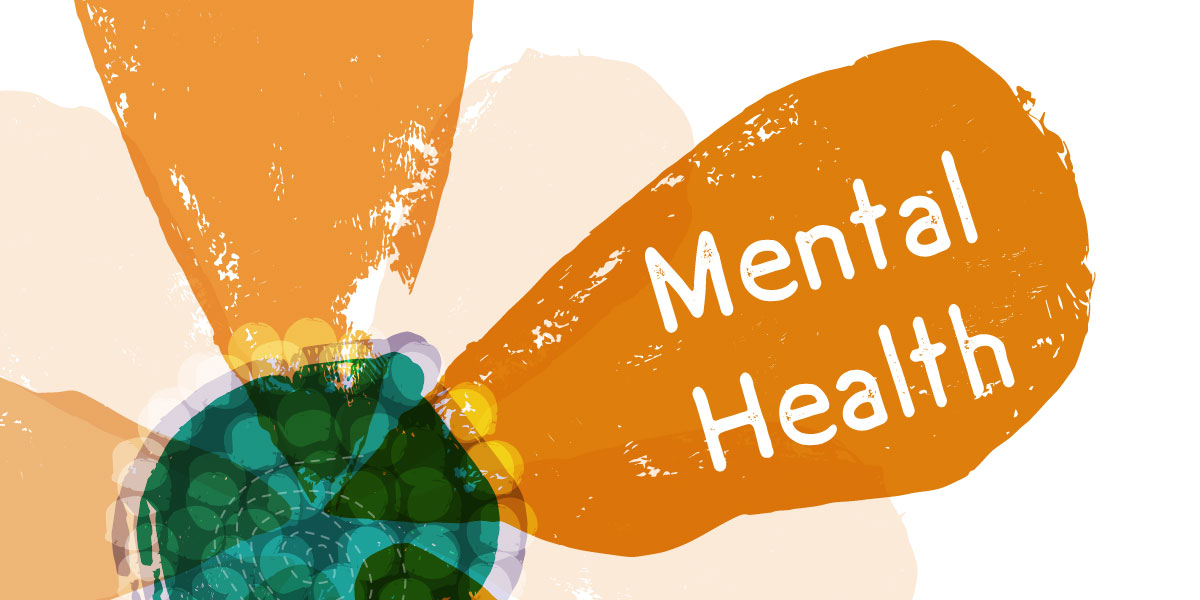
Mental health
"When we experience good mental health, we can make full use of our abilities, cope with the normal stresses of life and play a full part in our families, workplaces and communities, as well as among friends." (Mental Health Foundation)
The first step to managing mental health is to find out more about it, and the factors that can affect it, both positively and negatively. There is a lot of information available, so it is best to focus on reputable sources that will point you towards evidence-based actions that you can take, such as NHS resources and mental health charities.
Here is a selection that will help you understand what mental health is, how it can be affected, and what can be done to support positive mental health in both yourself and others:
About mental health
- What is mental health? (Mental Health Foundation)
- What is good mental health? (Mental Health Foundation)
- What are mental health problems? (Mental Health Foundation)
Do you need help urgently?
Self help
There are many resources that can help you find out how to manage and support your mental health, but it is important to ensure that you access good quality, evidence-based advice from reliable sources.
- Health Assured (University employees only)
- Every Mind Matters (NHS)
- Your Mental Health (Mental Health Foundation)
- Information and Support (MIND)
Get help and support
If you are struggling, it is important to reach out to someone that you trust and talk about how you are feeling. This may be something that you can do with family or friends, but you can always book an appointment with your GP should you need to discuss this with a medical professional.
There is no shame or stigma in reaching out for help, and it is the important first step in accessing support.
The University has a network of Mental Health First Aiders, who are available at work if you need support. They provide a listening service and can signpost you to further services as required.
The University also has an employee assistance provider, Health Assured, who can be contacted via a telephone helpline available 24 hours a day, 365 days a year to talk through any problem, no matter how big or small. See more about Health Assured and what is available.
For those living in York, there is a directory of all support available to you for mental health and wellbeing available from Healthwatch, which will allow you to identify what resource you would like to contact.
You can also see what help is available to you in your local area via the Hub of Hope website.
There are also helplines that you can access:
- When life is tough, Samaritans are here to listen at any time of the day or night. You can talk to them about anything that's troubling you, no matter how difficult: call free on 116 123 or visit the Samaritans website
- CALM is the Campaign Against Living Miserably, for people in the UK who are down or have hit a wall for any reason: call 0800 58 58 58 (daily, 5pm to midnight), free and anonymous webchat with trained CALM staff or visit the CALM website